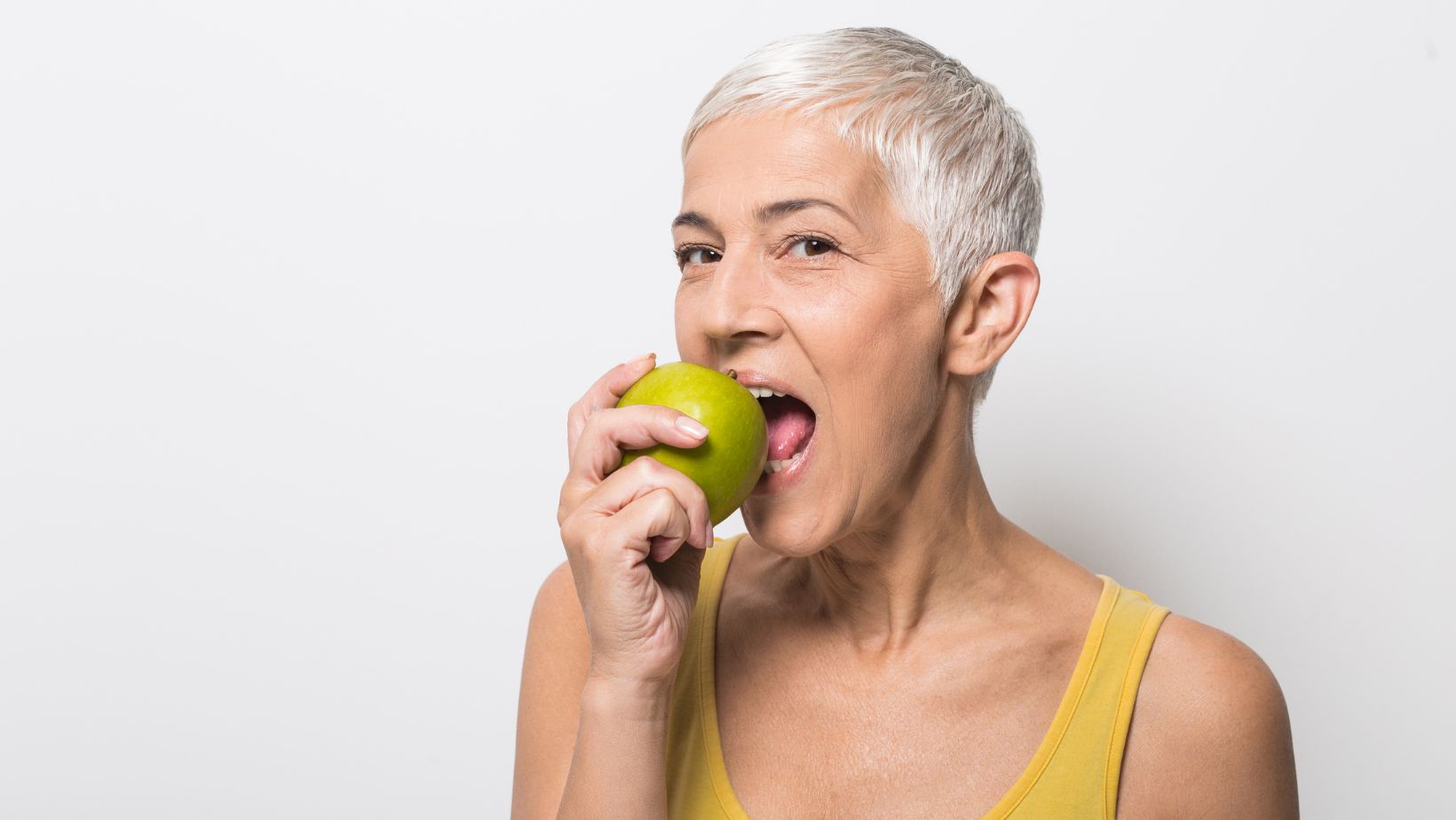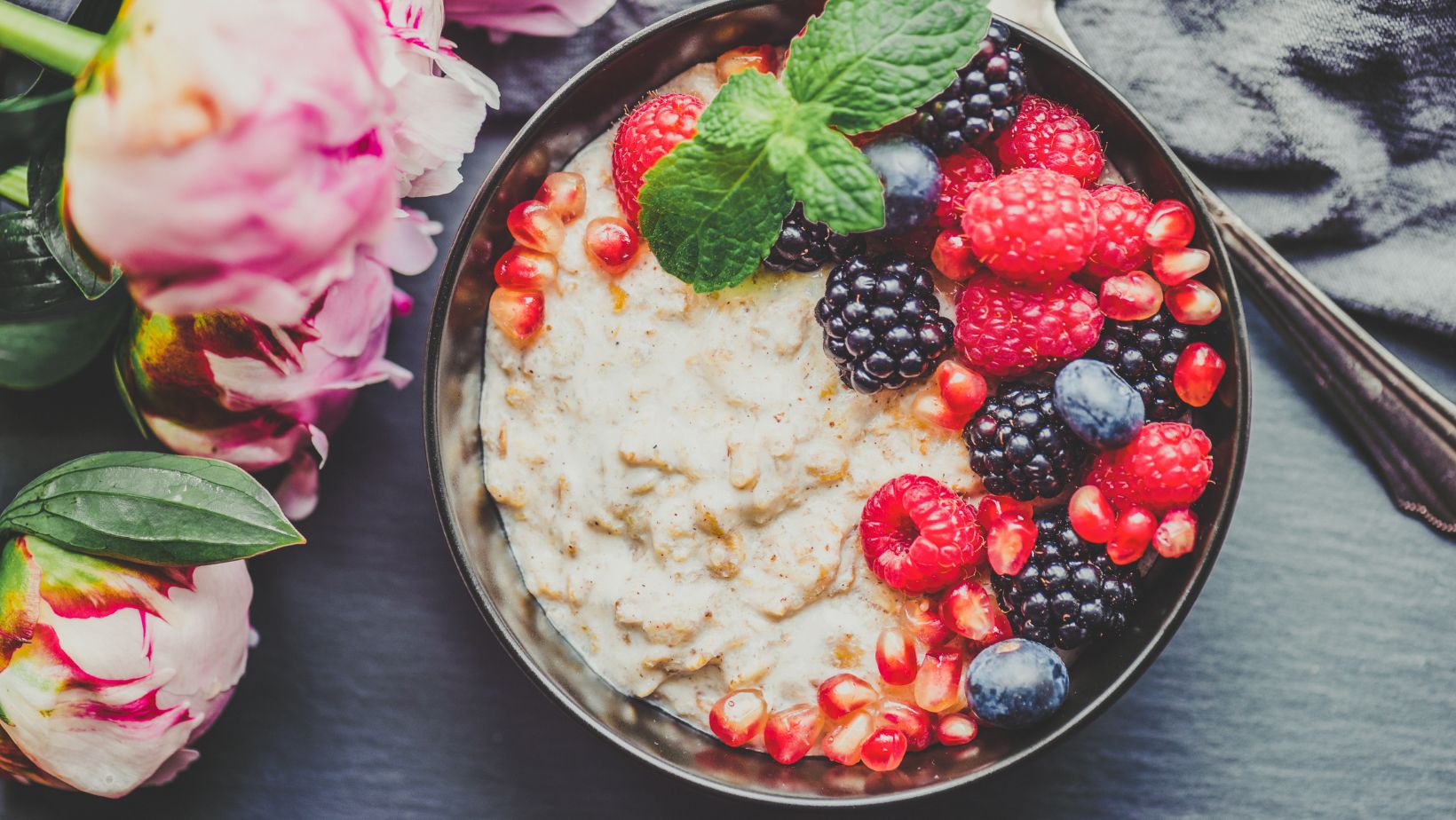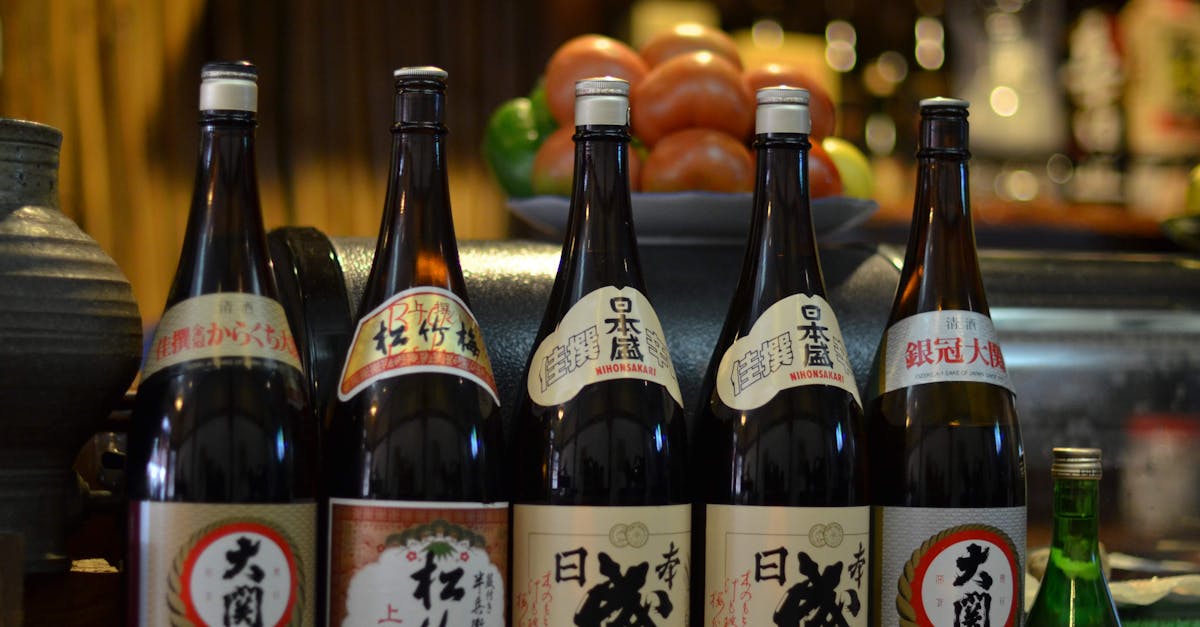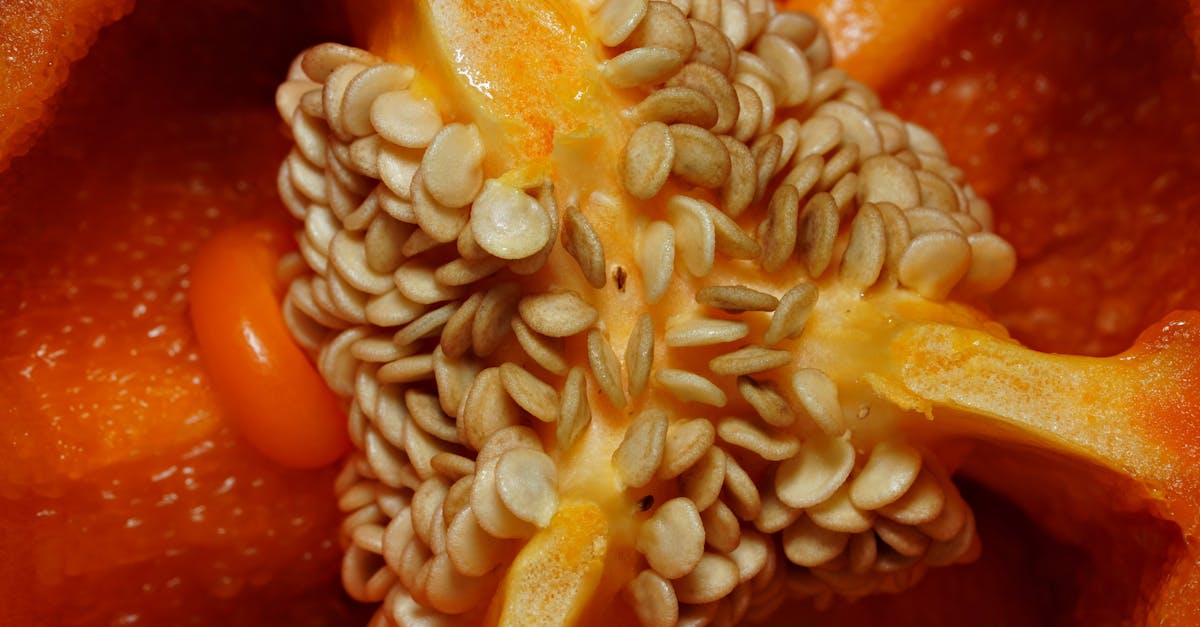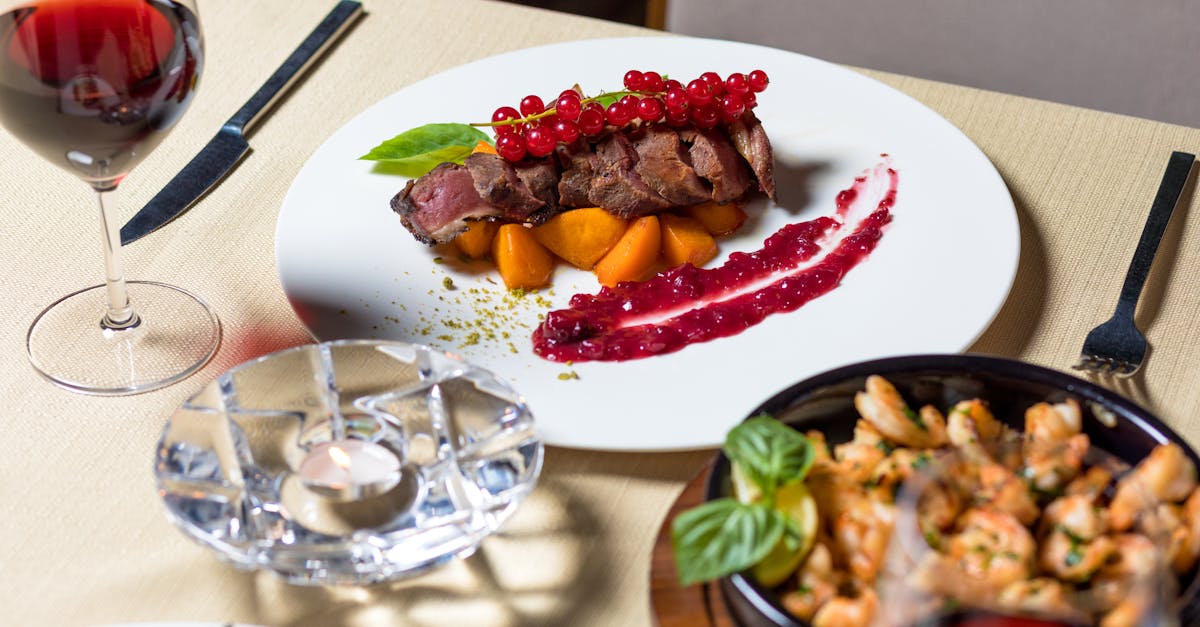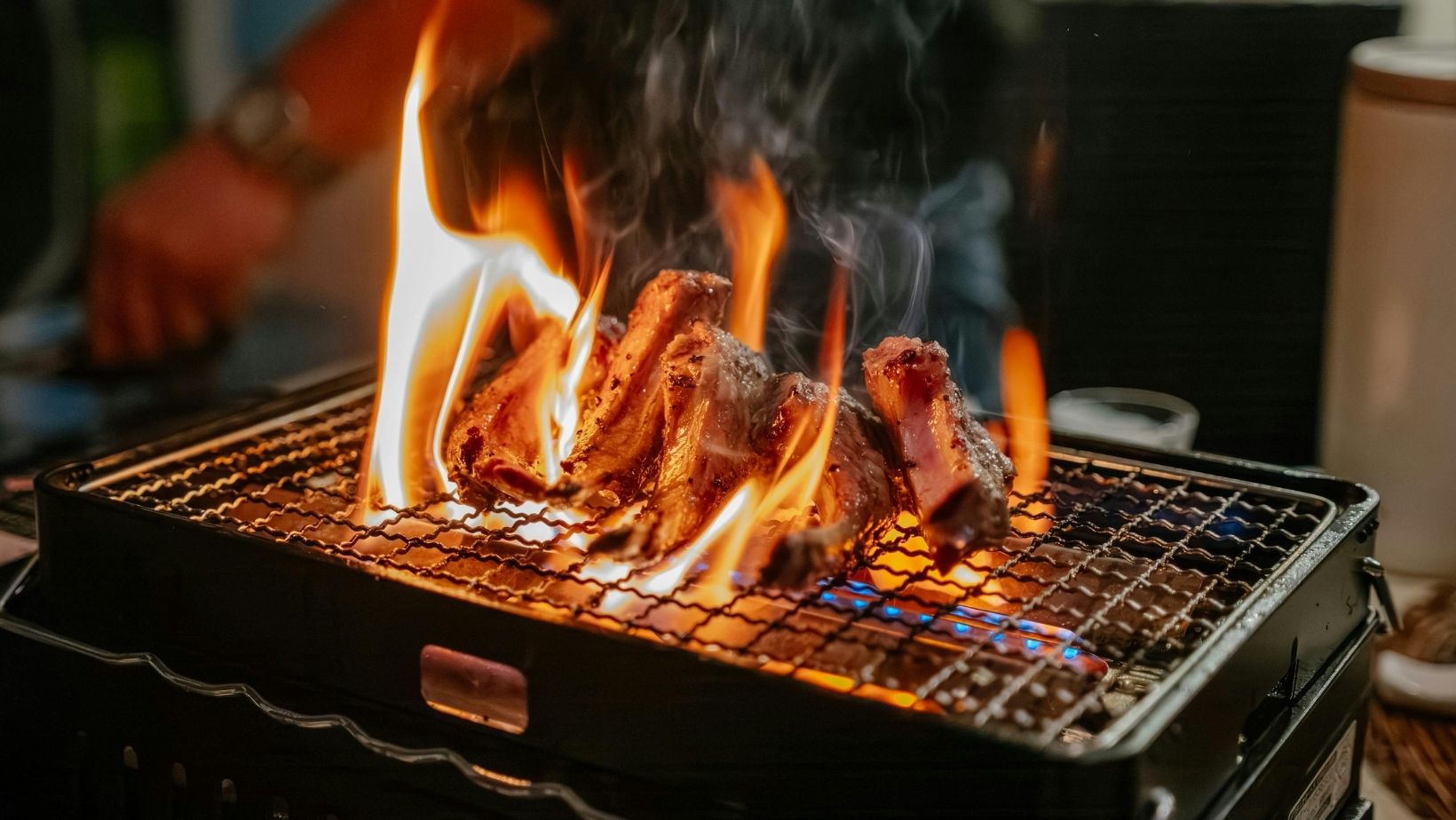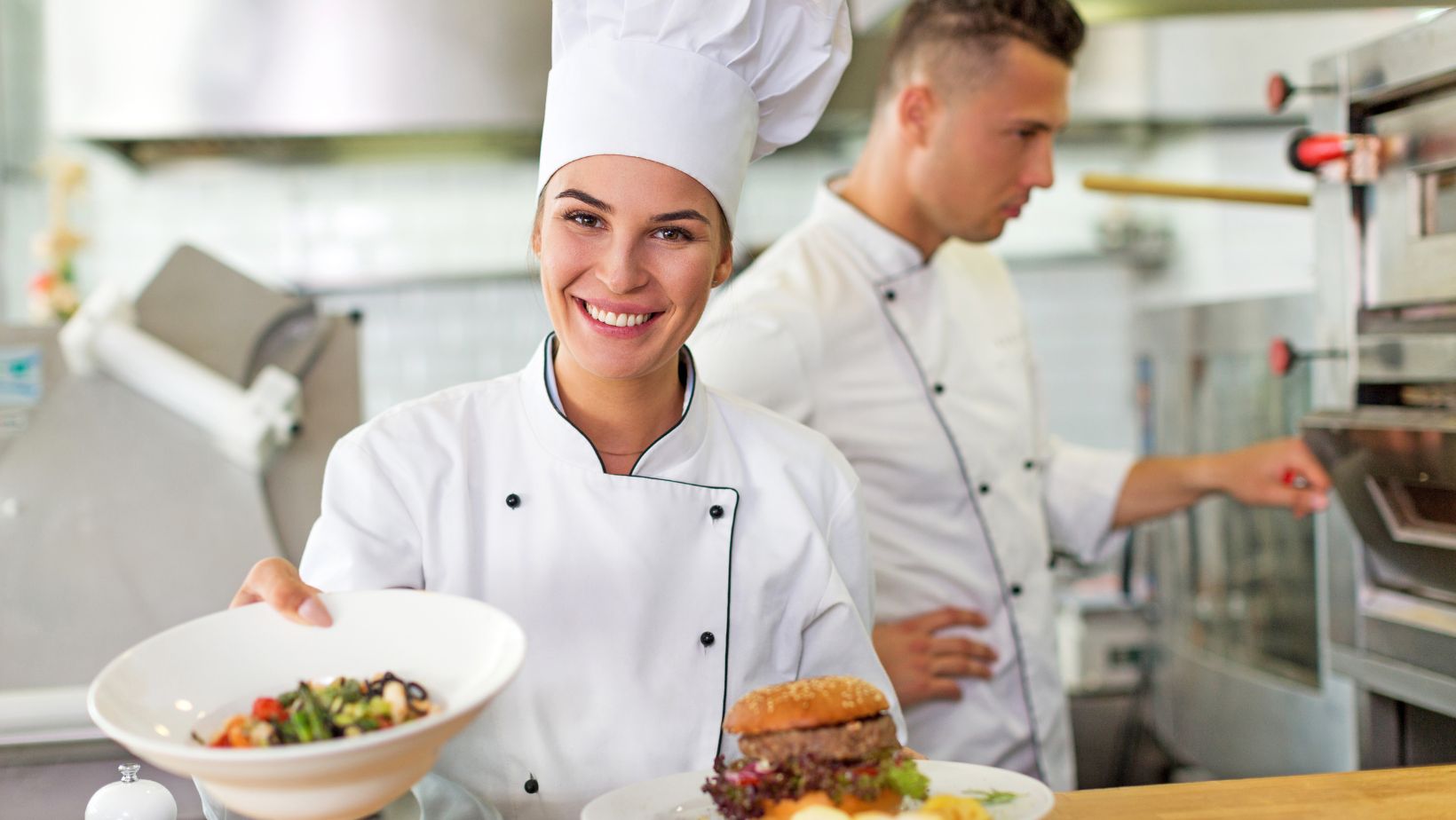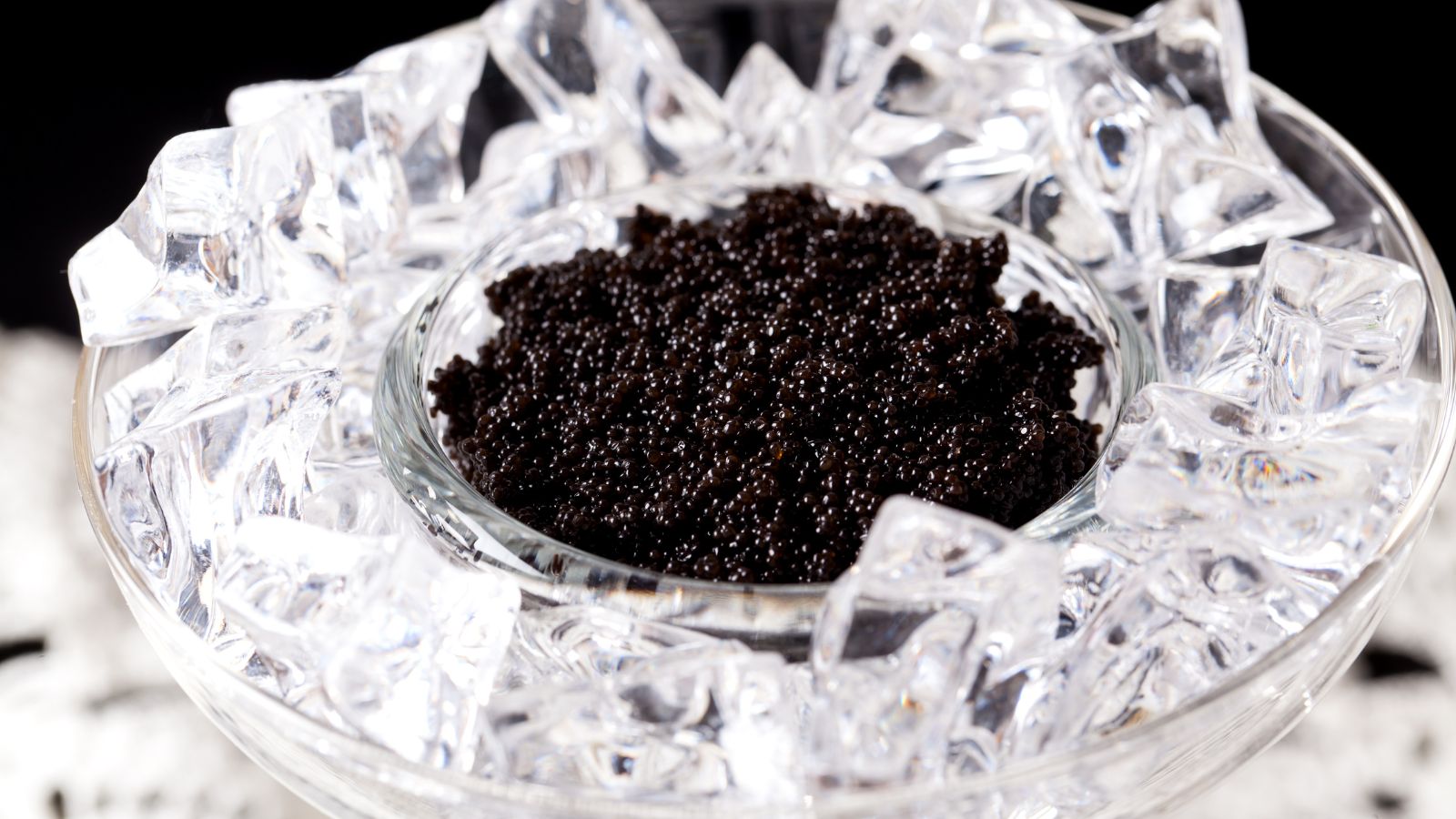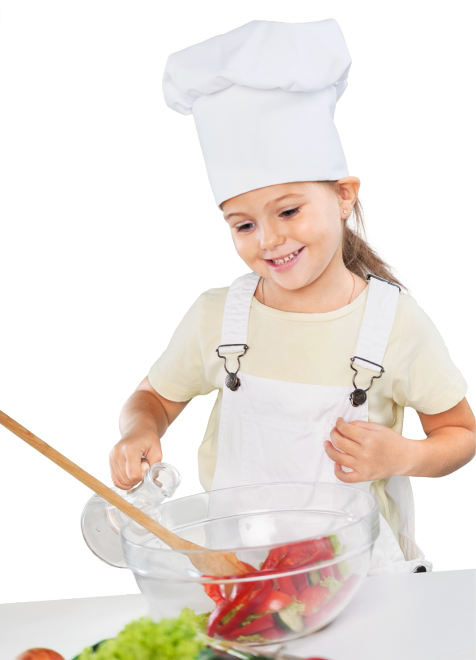World Food Program USA: Combating Global Hunger Through Innovative Solutions and Partnerships
In a world where hunger affects millions, the World Food Program USA stands as a beacon of hope. This organization plays a crucial role in combating food insecurity both domestically and globally. By supporting the United Nations World Food Programme, it addresses the urgent needs of those facing starvation and malnutrition. Through innovative solutions and […]
What Is the Perfect Food in the World? A Global Culinary Journey Awaits
Food has an incredible power to connect cultures and evoke memories. With diverse flavors and culinary traditions, the quest for the best food in the world sparks passionate debates among food lovers everywhere. From street food stalls to Michelin-starred restaurants, each dish tells a story shaped by geography, history, and personal taste. Determining the best […]
Ultimate Guide to Disney World Food: Must-Try Dishes & Dining Tips
Disney World isn’t just a magical escape filled with enchanting rides and beloved characters; it’s also a culinary wonderland. From classic snacks to gourmet dining experiences, the variety of food options available is as diverse as the park’s attractions. Whether guests crave a quick bite or an extravagant meal, Disney World offers something to satisfy […]
The Ultimate Guide to the Manhattan Drink: History, Recipes, and Variations
The Manhattan drink stands as a timeless classic in the cocktail world, embodying the sophistication and charm of New York City. With its rich blend of whiskey, sweet vermouth, and a touch of bitters, this cocktail not only tantalizes the palate but also tells a story of elegance and tradition. Originating in the late 19th […]









